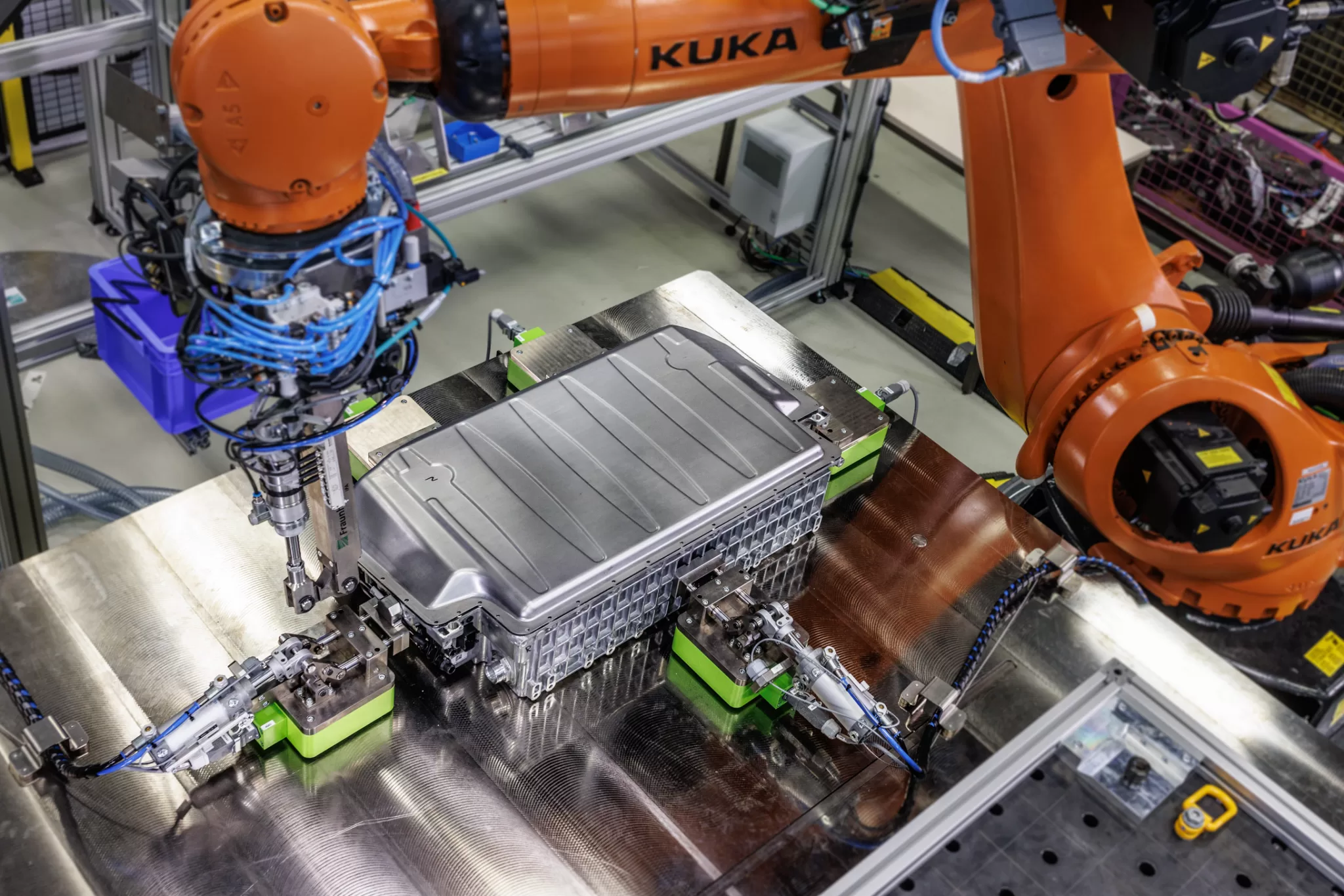The rise of electric vehicles (EVs) brings with it the crucial challenge of spent battery management. Automated battery recycling is emerging as a key technology to address environmental and economic concerns. This innovative approach not only recovers valuable materials but also significantly reduces the environmental impact associated with traditional methods.
Key Advantages of Automation:
- Efficiency: Automated systems can process large volumes of batteries quickly and efficiently, improving overall recycling rates.
- Safety: Automation minimizes human contact with hazardous materials, reducing the risk of workplace accidents.
- Precision: Advanced robotics and AI-powered systems ensure the precise dismantling and sorting of battery components.
- Sustainability: By recovering critical materials like lithium, cobalt, and nickel, automated recycling contributes to a circular economy and reduces reliance on mining.
The Future of E-mobility
As the demand for electric vehicles continues to grow, automated battery recycling will play an essential role in:
- Meeting sustainability goals: Recycling valuable materials reduces the need for new extraction, lessening the environmental impact of EV production.
- Securing supply chains: Recovering critical materials domestically can help stabilize supply chains and reduce dependence on imports.
- Creating economic opportunities: The battery recycling industry is expected to generate new jobs and stimulate economic growth.
Automated battery recycling represents a significant advancement in the effort to make electromobility more sustainable and environmentally friendly. By investing in these technologies, we can pave the way for a cleaner, more efficient future for the automotive industry.




